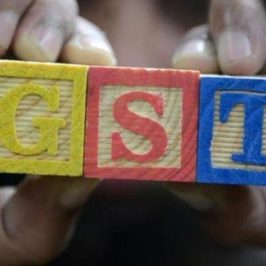
Your permanent account number (PAN) is a 10-digit alphanumeric number, which is used as your identity proof. It is used mainly for tax related purposes. The first five characters are letters from the English alphabet, the next four characters are numbers and the last character is also a letter. Have you ever wondered whether these numbers and letters have any meaning or not, what do they stand for and how the combination is made unique for you? Well, they have a meaning and they represent something about you. Here is what they mean.
First three characters: The first three characters are alphabetic series between AAA to ZZZ. For instance, the beginning of your PAN could be BEP or APZ; the selection is random.
Fourth character: The fourth character of your PAN always represents your status. The fourth character for a majority of PAN holders is the letter “P”, which stands for “person”. The other nine letters that can represent the fourth character are C, H, F, A, T, B, L, J, and G.
C stands for company. So if the PAN is in the name of your company, its fourth character would be C. H represents Hindu Undivided Family, F stands for partnership firm, A is for association of persons, T stands for trust, B for body of individuals, L represents local authority, J means artificial juridical person and G stands for government.
Fifth character: The fifth character represents the first alphabet of your last name or surname. For instance, somebody with the name Anil Kishore Gupta will have G as the fifth character on his PAN as his last name’s first alphabet is G. However, if you happen to change your surname after marriage or due to any other reason, your PAN card number will remain unchanged.
Sixth to ninth characters: The next four characters are sequential numbers between 0001 to 9999. Like the first three characters, here too the selection is random.
Tenth character: The last and tenth character in the PAN is an alphabetic check digit. Alphabetic check digit is generated by applying a formula to the preceding nine letters and numbers.
Why is the classification important?
A unique number enables the income-tax department to link all transactions of the person with the department. These transactions include tax payments, tax deducted at source/tax collected at source credits, returns of income/wealth/gift, specified transactions, correspondence and so on. PAN, thus, acts as a unique identifier of persons for the tax department.





